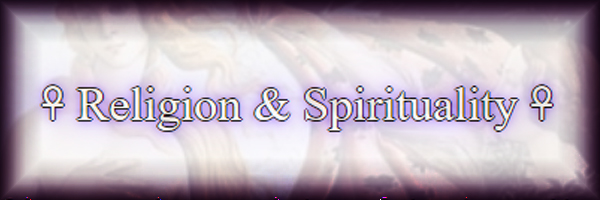Is Religion an Affront to Reason?
There are some who see religion and science as being in conflict. On one hand, we have flat-earthers, creationists, geocentrists, and all manner of intellectually rebellious counterculture standing proudly in defiance of modern mainstream science and what they, perhaps not wholly unjustifiably, see as a shady and secretive ivory tower. One the other side of that same hand, we have scientists and “info-tainers” like biologists Richard Dawkins and Jerry Coyne seemingly making careers of proclaiming that religion is fundamentally incompatible not only with the philosophy of science, but incompatible with reason itself. On the other hand, we have scientists like the nigh-universally beloved late Stephen J. Gould famously endorsing the potential co-existence of religion and science as what he called “non-overlapping magisteria” (NOMA).
Part of the problem seems to be confusion over the term religion. In common parlance, particularly in circles dealing with this perceived conflict, religion seems to roughly mean, “belief in the supernatural”. Gould seemed to be using the term this way when he claimed that science and religion were separate areas of inquiry, and those associated with the “New Atheism” movement, including Richard Dawkins, Jerry Coyne, Seth Andrews, Aron-Ra, and Lawrence Krauss all use the term in this way. Strictly speaking, this is wrong. The idea of religion having originated as a “proto-science”, the main function of which was to attempt to answer questions that primitive humans did not yet have answers to, died out long ago in the field of anthropology as a serious explanation for the origin of religion. Religion is today viewed by a majority of anthropologists as a social construct that involves ritual to reinforce social bonds. Seasonal holidays, rites of passage, ritualized communal feeding behaviors, and other celebrations of biological functions clearly demonstrate this. It is important therefore to distinguish religion and belief. Belief in the supernatural isn’t a necessary component of religion (or at least not all religions). If one has grown so focused on having the proper beliefs that it leads to alienation, then one has missed the point of religion entirely. Not all adherents of a religion necessarily share the spiritual beliefs endorsed by the larger group. Some religious groups, for example Unitarian Universalists, claim no unifying spiritual beliefs at all. Parody religions like the Church of the Flying Spaghetti Monster and satirical religions like Discordianism, Satanism, and Lovecraftianism further illustrate this point.
Nevertheless, it would be absurd to deny that various religions have attempted through mythology to explain the origins of the Earth, humankind, the observable Universe, and whatever might lie beyond or before it. It would likewise be absurd to deny that at least some religions have placed a great deal of emphasis on having the “correct” beliefs about such things (and that the currently most populous of these religions have a history of enforcing this with violence, sometimes outright genocide). Yet, as science has begun to answer the questions traditionally tackled by mythology, the magisterium of religion has diminished. The now-common viewpoint that religion must defer to science on matters pertaining to the natural world but that religion is still useful for inquiry into the realms of morality and introspection (which considering the aforementioned genocides is highly debatable), is the inevitable consequence of this reduction in gaps for “God” to hide in.
This may have parallels in the art world. When the camera was invented in the late 19th century, the rise of photography completely changed the world of the visual arts. Painting in particular found itself having to adapt as a genre in order to survive, as we now had a tool that could do the job of capturing subjects in lifelike accuracy better than any artist. The result was that the visual arts became increasingly experimental, and surrealist and abstract movements gained momentum. We are likely watching something similar occurring today in the realm of religion due to society’s introduction to science. It seems that religion is adapting in response, becoming more experimental, and religions which do not require supernatural belief or which openly mock it seem to be gaining in popularity. And in a strange way, by focusing on group solidarity and social bonds, religion seems to be coming full circle and getting back to its roots, back to what it originally evolved for. It will be fascinating to watch the future unfold as religion branches into untold new directions after abandoning its need to explain what isn’t there.
Can religion and reason co-exist? Yes, if one is willing to divorce religion from belief.

